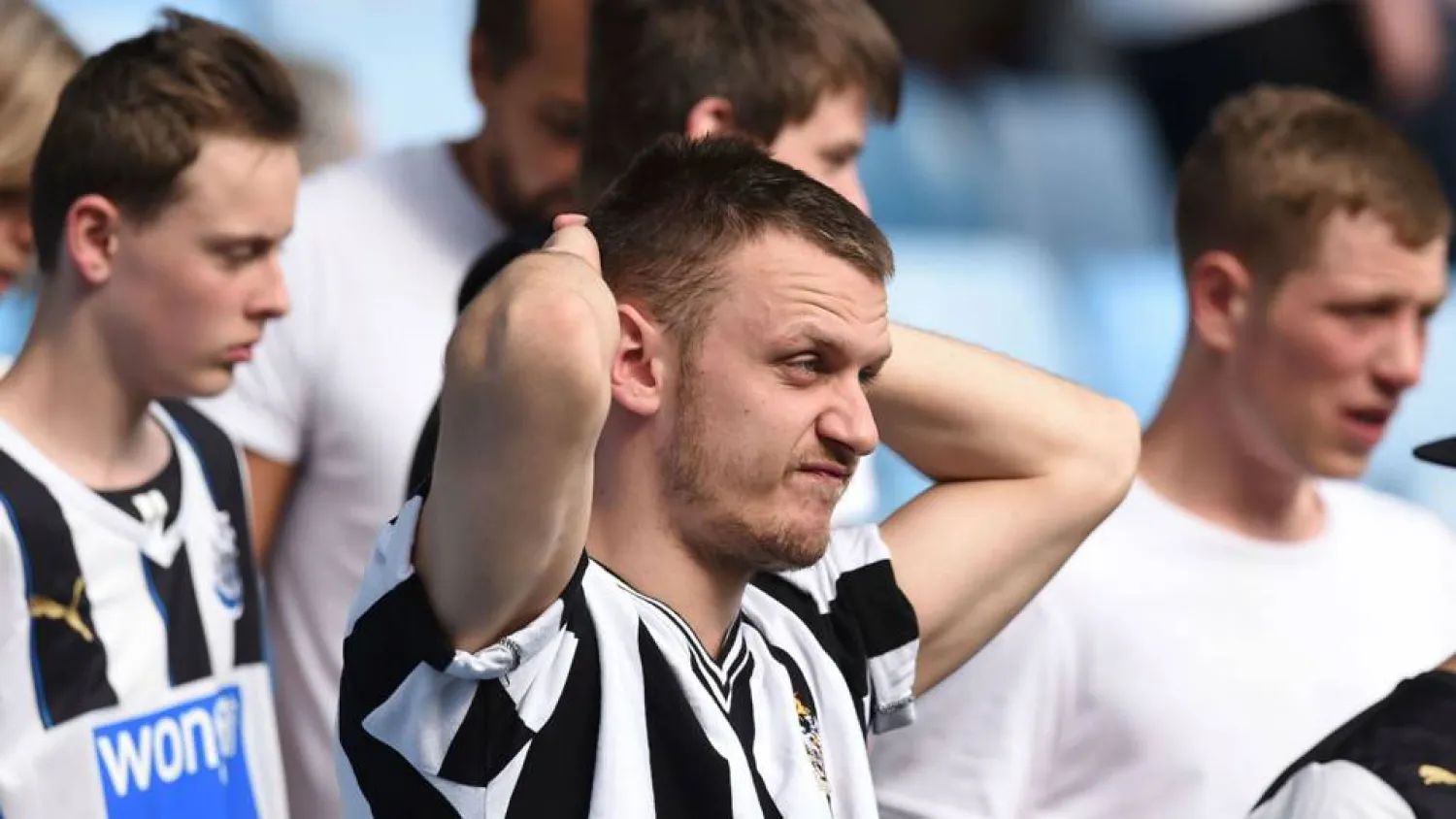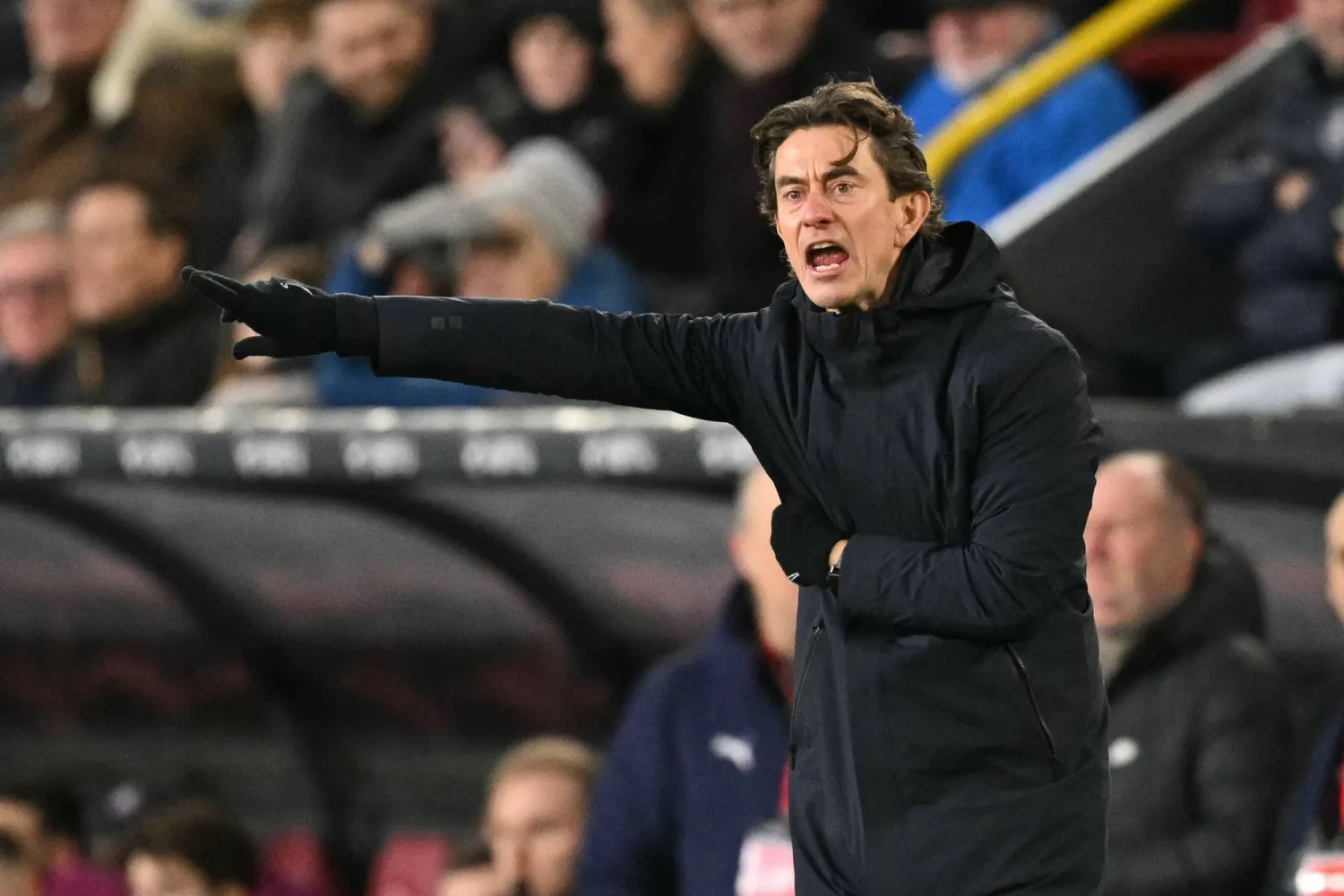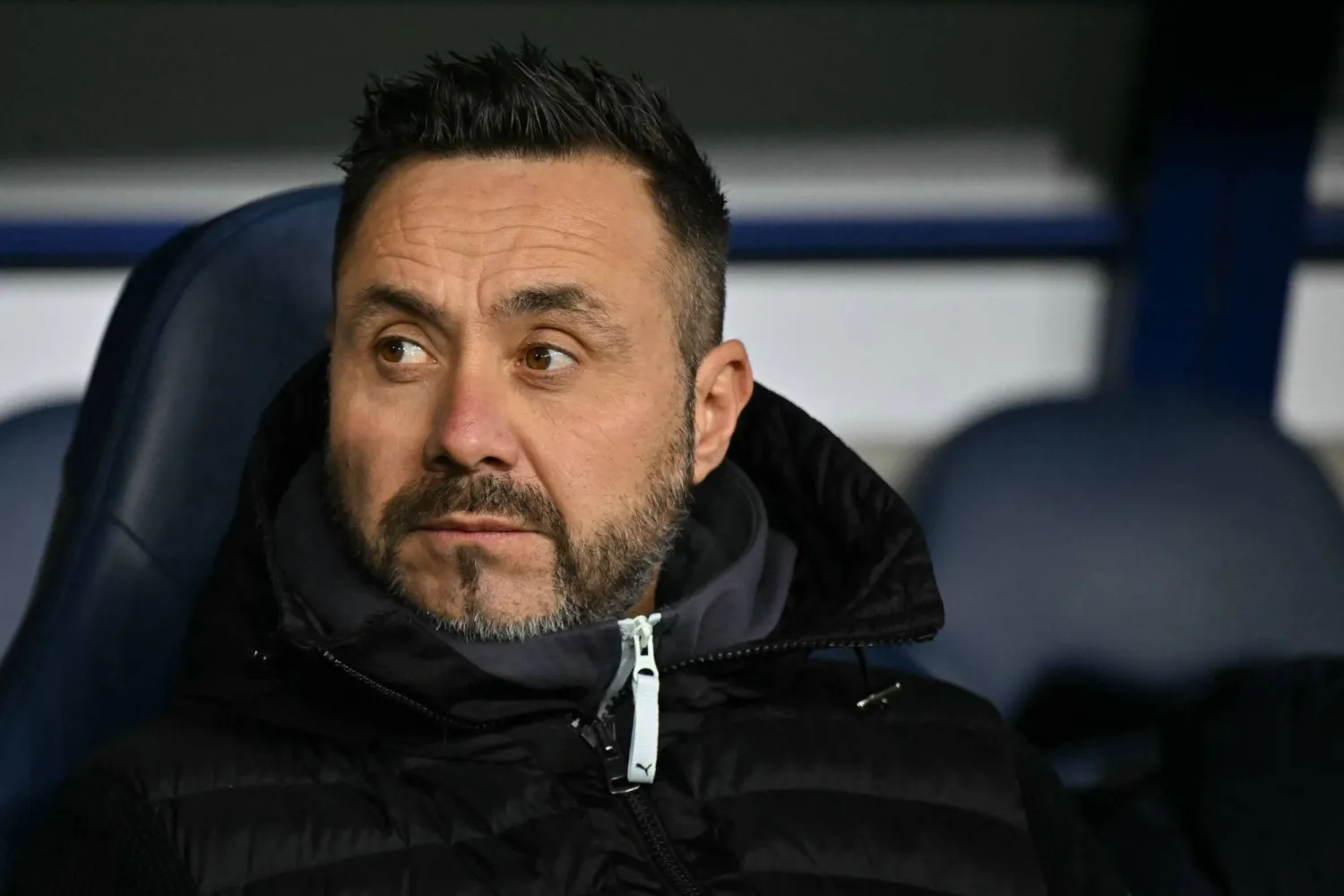Premier League managers often say they will not relax until their team has hit the magical 40-point mark. Reaching this threshold of comfort is not just the ambition of classic survivalists such as Tony Pulis and Sam Allardyce. Even Claudio Ranieri did not forget its significance during Leicester City’s remarkable run to the title in the 2015-16 season.
In early January 2016, after Leicester had drawn against Bournemouth to go joint-top of the table, the manager chose to celebrate hitting this supposed safety line rather than the fact his players had accumulated as many points as Arsenal. “Forty points, come on,” he said. “It’s fantastic.”
If Ranieri was really concerned about relegation, he should have been celebrating a few weeks earlier as the average points tally required to avoid the drop over the last 15 seasons has been just 36. In recent years, winning 40 points has been enough to guarantee a mid-table finish. Last season Swansea finished highest of the three relegated clubs on just 33 points, while Brighton won 40 points and finished 15th, well clear of danger.
In the 23 seasons since the Premier League was reduced to 20 clubs, only three sides have hit the 40-point mark and gone down – and none in the last 15 years. West Ham were relegated with 42 points in 2002-03, and Bolton and Sunderland both went down with 40 points on the board in the late 1990s.
The emergence of the top six over the last decade has helped to turn the 40-point mark into a myth. As the top clubs have become more dominant, the others have collected fewer points and, consequently, the number of points required to survive has fallen. Between 1992-93 and 2006-07 the average gap between the club that finished just above the relegation zone and the club that finished sixth was 19 points; that gap has shot up to 26 points in the last decade.
West Ham, Bolton and Sunderland were unlucky to reach the 40-point mark and still go down, but spare a thought for Crystal Palace, who hold the unenviable record of collecting the two highest points totals for a relegated club in the Premier League. In the 1994-95 campaign, when the Premier League still had 22 clubs, Palace won 45 points but were still relegated. But that pales into insignificance when compared to the anguish the club experienced in the final week of the very first Premier League season in 1992-93.
On the penultimate Saturday of the campaign, Palace beat Ipswich 3-1 at Selhurst Park to go eight points clear of Oldham Athletic, who occupied the last relegation place. Oldham would need to win all three of their remaining games to have any hope of staying up. Given they had picked up two points from their previous four games, surely Palace were safe. The players were so confident of their Premier League status they enjoyed what appeared to be a celebratory lap of the pitch in front of their relieved home fans at Selhurst Park.
Geoff Thomas, the Palace skipper at the time, says they did not necessarily think it was all over. “That was not actually a lap of honor,” he says. “The players were saying ‘thank you’ to the fans after the last home game because that was the ritual for every single club. We knew there were still games to be played but we did feel we probably had done enough.”
The faintest alarm bell rang when Oldham went to second-placed Aston Villa the next day and beat them 1–0, keeping alive their slender hopes of survival for at least one more match. On the Wednesday night, Palace ground out a goalless draw at Manchester City, which meant Oldham would have to win their last two games – against Liverpool and Southampton – to stay up on goal difference. Oldham welcomed Liverpool to Boundary Park and beat them 3-2 thanks to a brace from Ian Olney. He only scored 13 goals in his whole Oldham career but he scored two in a minute that night.
What was previously a distant hope had now turned into a distinct possibility. On the final day Oldham had to beat Southampton at home and hope Palace would lose at Highbury. Palace were in trouble and Thomas knew it. “Arsenal were a side that we had never even got close to, so we knew we had to be safe before that final game.”
Ian Wright, the departed Palace hero, opened the scoring for Arsenal in the ninth minute. This was not a time when players refused to celebrate against their old clubs, but the gusto with which Wright kissed the Arsenal badge did not go down very well with the away fans.
Oldham, meanwhile, were doing their bit at Boundary Park against Southampton. With 10 minutes to go in both matches, Palace were 1-0 down and Oldham were 4-2 up, which meant both clubs had the same number of points but Palace’s goal difference was worse by a single goal.
A goal either way would prove crucial. After 82 minutes that goal arrived at Highbury as Paul Dickov gave Arsenal a 2-0 lead. But hope re-emerged when Matt Le Tissier completed his hat-trick with five minutes to play. Once Kevin Campbell scored Arsenal’s third, Palace’s only route to salvation was a Southampton equalizer, but the Saints were not for marching in and that was that. After the elation of the previous week, Palace had been relegated with what proved a less than grand total of 49 points. Liverpool finished in sixth place with just 10 more points.
“It was probably the lowest I have ever felt on a football pitch,” says Thomas, who left the club that summer. “At the final whistle I was just devastated. It was not the way I wanted to leave in a Palace shirt.” It will provide little comfort to Palace fans, but even they will never win 49 points and go down again.
The Guardian Sport









